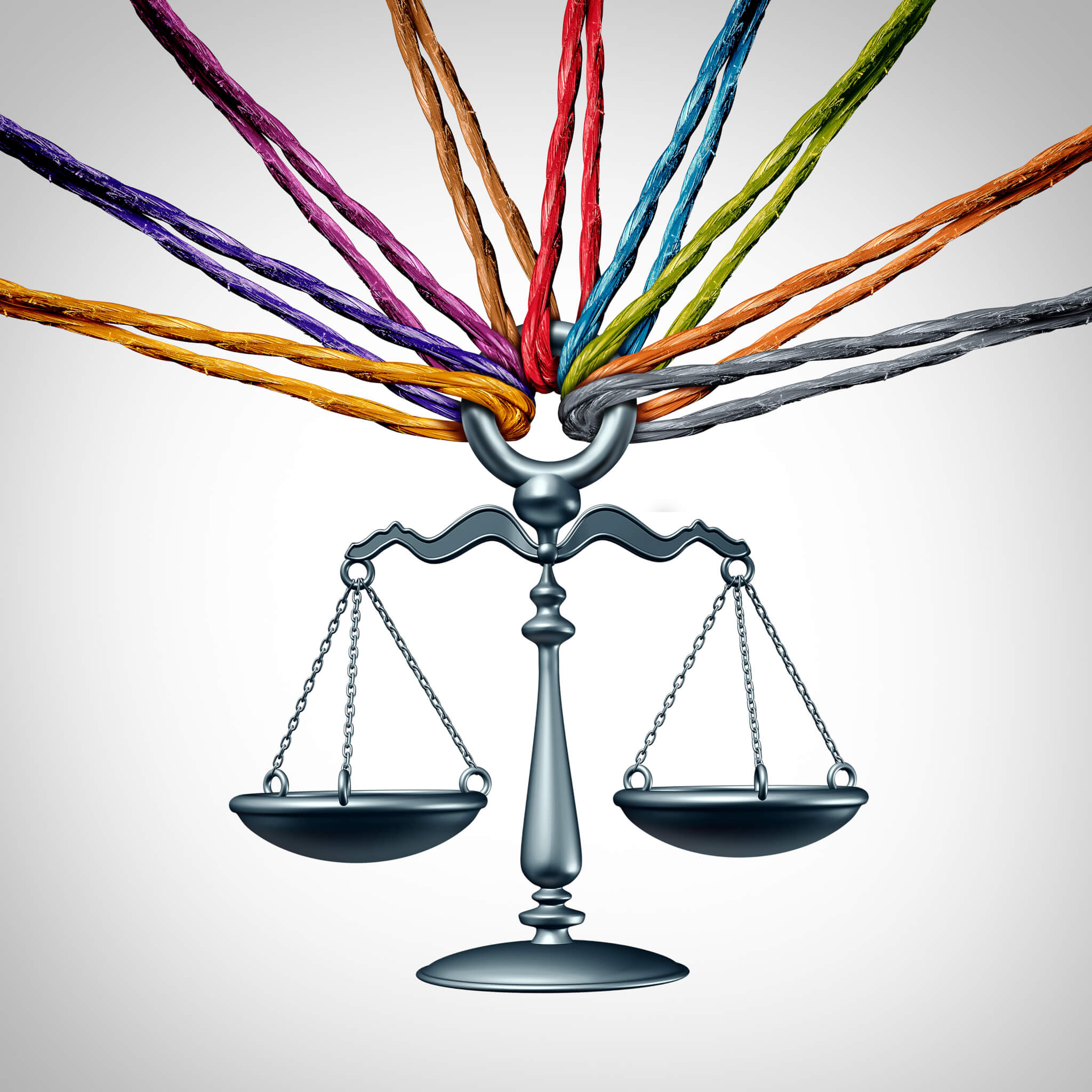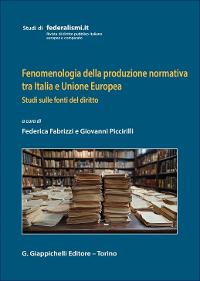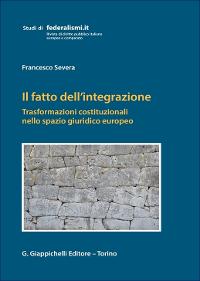
Log in or Create account
FOCUS - Reflective Judiciary N. 5 - 09/11/2018
Jurisdiction and Pluralisms: The Temptations of a Reflective Judiciary
 by Mia Caielli and Anna Mastromarino
by Mia Caielli and Anna Mastromarino
The projection of institutional, cultural, linguistic, religious and ethnic pluralism on the judiciary seems to be leading to two different phenomena, both aimed at protecting diversity and recognizing community interests. On the one hand, some countries have been establishing special religious or/and ethnic special courts. On the other, some composite and fragmented legal systems have decided to preserve the institutional unity of the judiciary, incorporating social pluralism in the composition of judicial organs by imposing criteria for the selection of both constitutional and ordinary judges related to, for example, gender, ethnicity, territorial origin... (continues)
Linguistic separation or jurisdictional communitarianism? Reflective judiciary in Belgium
 Belgium’s institutional, legal, sociological and cultural context reflects a fracture that tangibly splits the country in two, with every decision concerning the country’s organisation responding to the need to preserve the existence of the two major linguistic communities… (continues)
Belgium’s institutional, legal, sociological and cultural context reflects a fracture that tangibly splits the country in two, with every decision concerning the country’s organisation responding to the need to preserve the existence of the two major linguistic communities… (continues)
In Judiciary We Trust. The Reflective Judiciary in Canada
 The study of the Canadian legal system has always awakened legal scholars’ interests, both in the field of public and private law, for its significant peculiarities which appear at the institutional, political, social and economic level. Canada has a federal… (continues)
The study of the Canadian legal system has always awakened legal scholars’ interests, both in the field of public and private law, for its significant peculiarities which appear at the institutional, political, social and economic level. Canada has a federal… (continues)
Unequal Opportunities: Education Pathways to the U.S. Judiciary
 This paper is about diversity in federal and state courts in the United States. My main argument is that we should promote a judiciary that is reflective of the society of which it is a part for three reasons: first, because in doing so, we gain critical awareness… (continues)
This paper is about diversity in federal and state courts in the United States. My main argument is that we should promote a judiciary that is reflective of the society of which it is a part for three reasons: first, because in doing so, we gain critical awareness… (continues)
Diversity and the Judiciary in India: Supreme Court judges in Indian society
 The Supreme Court of India sees itself as the guardian of fundamental rights and constitutional principles, and many consider it as one of the most powerful Supreme Courts in the world. Its jurisdiction is very wide and it has strong powers over other state organs... (continues)
The Supreme Court of India sees itself as the guardian of fundamental rights and constitutional principles, and many consider it as one of the most powerful Supreme Courts in the world. Its jurisdiction is very wide and it has strong powers over other state organs... (continues)
Reflective Judiciary: more an illusion than a temptation
Any discourse about the Judiciary and its role in the contemporary comparative constitutional debate cannot do without a reference to the Separation of Powers Theory, where the idea itself of a Judiciary as an autonomous function, separated from the Administration or the Executive, was elaborated for the first time… (continues)
-
Jurisdiction and Pluralisms: The Temptations of a Reflective Judiciary
Apri questa finestra per scaricare l'intero numero speciale
Open the window to download the complete special Issue
-
Foreign judges on Pacific Courts: Implications for a Reflective Judiciary
The appointment of foreign judges to a state’s domestic courts stands in tension with the idea… (continues)
-
The Long Journey of Women to the Courts: Some Evidence on Gender Diversity and Gender Awareness in the Swiss Federal Supreme Court
Does Justitia decide differently if underneath her robes, the judge happens to be male?… (continues)
-
Why do women in the judiciary matter? The struggle for gender diversity in European courts
The exclusion of women from the legal world was one of the last gender inequalities to be… (continues)



 Registrati
Registrati Login
Login
 Territorio e istituzioni
Territorio e istituzioni Lavoro Persona Tecnologia
Lavoro Persona Tecnologia America Latina
America Latina Africa
Africa Osservatorio di Diritto sanitario
Osservatorio di Diritto sanitario Osservatorio sul diritto elettorale
Osservatorio sul diritto elettorale Osservatorio Trasparenza
Osservatorio Trasparenza Human Rights
Human Rights Storico focus
Storico focus Riforme istituzionali e forma di governo
Riforme istituzionali e forma di governo

 STUDI FEDERALISMI
STUDI FEDERALISMI




08/08/2025
30/05/2025
14/04/2025
24/01/2025
01/11/2024
30/08/2024
29/07/2024
03/06/2024
15/03/2024
29/12/2023
04/08/2023
05/06/2023
30/01/2023
09/12/2022
28/10/2022
28/03/2022
02/02/2022
17/01/2022
12/02/2021
18/01/2021
13/11/2020
12/10/2020
17/06/2020
01/06/2020
18/05/2020
04/05/2020
24/04/2020
10/04/2020
27/03/2020
10/04/2020
25/10/2019
27/09/2019
15/04/2019
25/03/2019
14/01/2019
14/12/2018
16/11/2018
09/11/2018
14/09/2018
03/09/2018
22/06/2018
23/02/2018
27/11/2017
02/10/2017